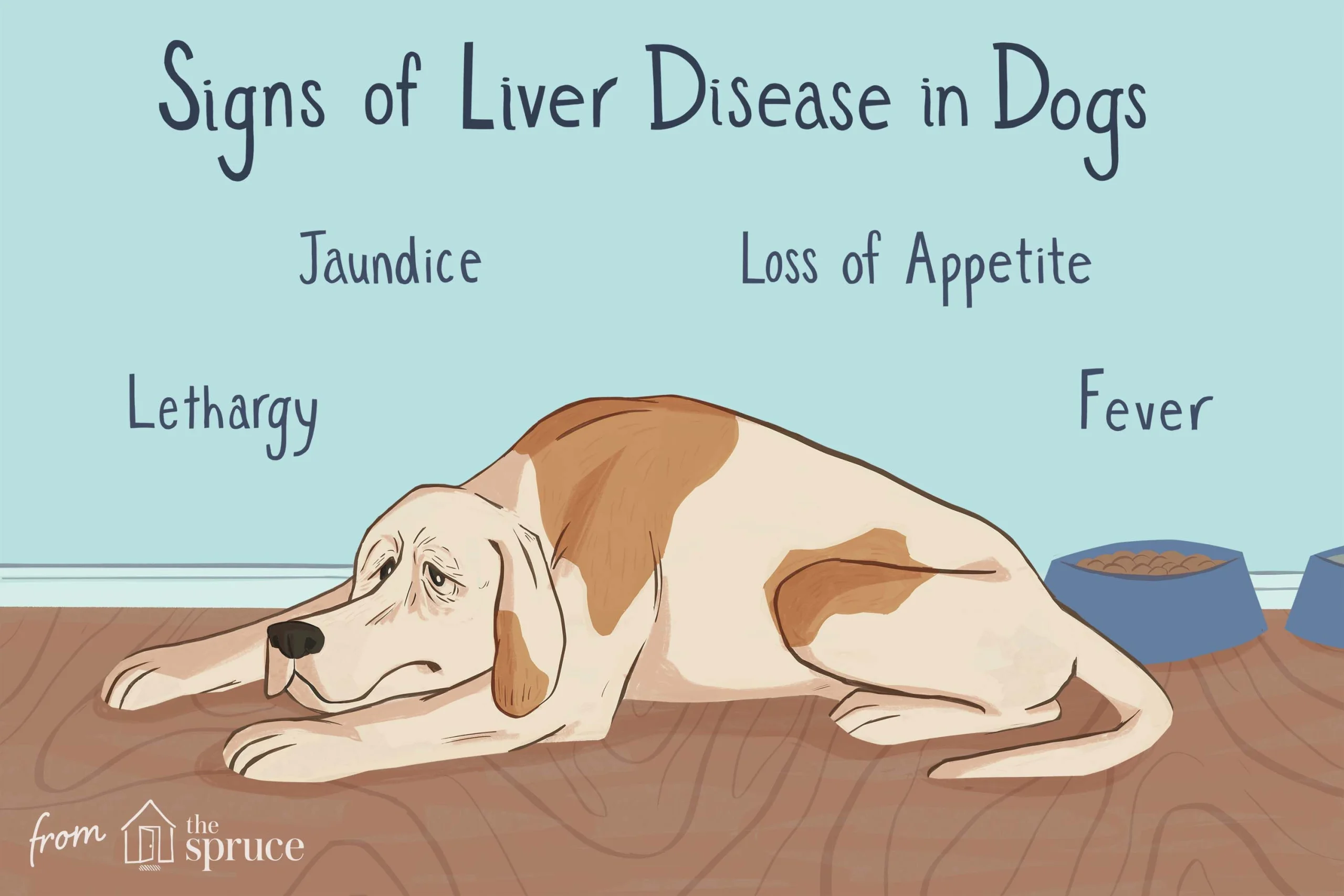Dogs Liver Disease: Causes, Symptoms, and Treatment
Introduction
The liver is an essential organ in a dog’s body, responsible for various functions such as detoxification, metabolism, and nutrient storage. Unfortunately, just like humans, dogs can also suffer from liver diseases. In this article, we will delve into the causes, symptoms, and treatment options for dogs with liver disease.
Understanding the Liver
The liver is a vital organ that performs several critical functions in a dog’s body. It aids in digestion, produces bile for fat digestion, stores vitamins and minerals, filters toxins from the blood, and metabolizes drugs. When the liver becomes diseased, its ability to carry out these functions is compromised.
Common Causes of Liver Disease in Dogs
There are several potential causes of liver disease in dogs. Some of the most common factors include:
1. Infections
Bacterial, viral, or parasitic infections can lead to liver inflammation and damage. Infectious canine hepatitis, leptospirosis, and heartworm disease are examples of infections that can affect the liver.
2. Toxins and Medications
Certain toxins and medications can be harmful to a dog’s liver. Ingesting poisonous plants, consuming excessive amounts of certain medications, or exposure to chemicals like pesticides can lead to liver damage over time.
3. Genetics and Breed Predisposition
Certain breeds have a higher susceptibility to liver diseases due to their genetic makeup. Breeds such as Doberman Pinschers, Yorkshire Terriers, and Labrador Retrievers are more prone to specific liver conditions.
4. Nutritional Factors
An imbalanced or poor diet can contribute to liver disease in dogs. Feeding a high-fat diet, excessive consumption of vitamin A, or feeding contaminated or spoiled food can put a strain on the liver.
5. Trauma
Severe trauma to the abdomen, such as a car accident or a blunt force injury, can cause liver damage. Traumatic incidents can lead to lacerations or ruptures in the liver, disrupting its normal function.
Symptoms of Liver Disease
Liver disease in dogs can manifest with various symptoms. It is essential for pet owners to be aware of the signs and consult a veterinarian if they suspect liver problems. Common symptoms include:
- Loss of appetite
- Weight loss
- Vomiting
- Diarrhea
- Increased thirst and urination
- Jaundice (yellowing of the skin and eyes)
- Abdominal pain or distention
- Lethargy and weakness
- Behavioral changes
Diagnosing Liver Disease
Diagnosing liver disease requires a thorough examination by a veterinarian. The diagnostic process may involve blood tests, imaging techniques (such as ultrasound or X-rays), and occasionally a liver biopsy to determine the extent of the damage.
Treatment Options
The treatment for liver disease in dogs depends on the underlying cause and severity of the condition. It is crucial to address the root cause and provide supportive care to improve liver function. Treatment options may include:
- Medications to reduce inflammation and support liver function
- Antibiotics to treat infections
- Dietary modifications to alleviate stress on the liver
- Fluid therapy to maintain hydration
- Surgery in severe cases or when tumors are present
Dietary Considerations for Dogs with Liver Disease
Proper nutrition plays a vital role in managing liver disease in dogs. A veterinarian may recommend a specialized diet that is low in fat, high in easily digestible protein, and includes essential nutrients to support liver health. It is important to follow the prescribed diet and avoid giving treats or table scraps that may exacerbate the condition.
Management and Supportive Care
Apart from medical treatment, dogs with liver disease may require additional management and supportive care. This can include:
- Regular veterinary check-ups and monitoring of liver function
- Administering medications as prescribed
- Ensuring a stress-free environment for the dog
- Providing adequate exercise to maintain overall health
- Minimizing exposure to toxins and chemicals
Preventive Measures
While not all liver diseases can be prevented, there are steps you can take to minimize the risk:
- Vaccinate your dog against infectious diseases
- Avoid exposing your dog to toxic substances
- Feed a balanced and nutritious diet
- Regularly exercise your dog
- Schedule routine check-ups with your veterinarian
Conclusion
Liver disease in dogs can be a serious and potentially life-threatening condition. Identifying the causes, recognizing the symptoms, and seeking prompt veterinary care are crucial for effective management. With proper treatment, dietary adjustments, and supportive care, dogs with liver disease can lead fulfilling lives.







